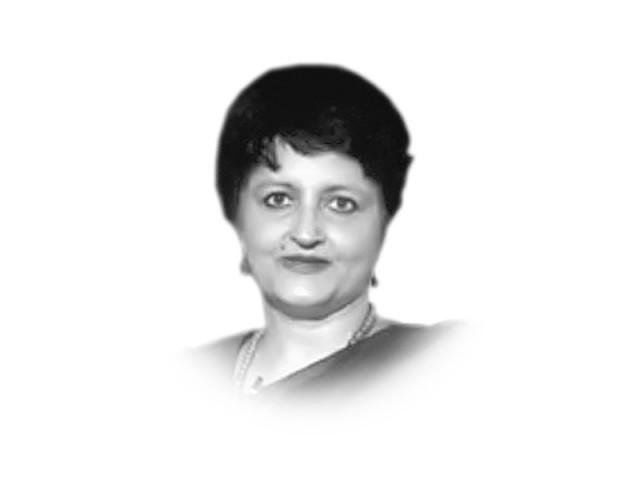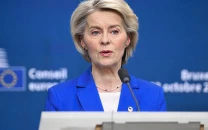An ailing Opposition in India
Opposition is so busy fighting one another, they are unable to build a platform, even in Parliament, to challenge govt

The weakness comes from the leadership and from the inability to sink differences and coalesce it into a broad platform that can actually respond to the challenges of the time. They are all so busy fighting one another that they are unable to build a broad platform, even within Parliament, to challenge the government at any level.

It is, therefore, a bit of a relief for Indian democracy that in Bihar, the two erstwhile colleagues, Lalu Prasad Yadav and Nitish Kumar, have shown some signs of life. Decimated in the recent parliamentary elections in Bihar, both took little time in demonstrating that the lessons had been learnt, and forged an understanding that is slowly extending towards an alliance in the state. One indication of the goodwill was the decision by Lalu Yadav to divert the Rashtriya Janata Dal votes to get two of the Janata Dal (U) candidates elected to the Rajya Sabha. Had he not done so, the BJP would have secured these two seats as well.
There is a strong place for the Opposition in the Indian Constitution. The Leader of the Opposition enjoys a status on a par with ministers, and currently there is an ongoing battle between the Congress and the government to recognise the former’s leader as the opposition leader in the Lok Sabha. The government argument is that the Congress with its dramatically reduced mandate does not have the legitimacy to occupy the post.
The absence of leadership is palpable and the Congress party has certainly little to no support from the others in the House. There is little to no cohesion between parties in Parliament and what is particularly disheartening for a democracy that thrives on opposition, no effort to come together as well. The divisions within the opposition seem to have actually grown after the elections, with discord being reported at all levels, from the centre and the states.
With a frittering away of the 69 per cent support that the Opposition got in the polls, a bunch of leaders have left it to civil society to take the lead in all matters with little to no support from the political parties. The Congress leadership is, perhaps, the worst, as apart from speeches, there has been no movement within to come to grips with the debacle.
This approach reflects the emptiness of the Congress mind that has still not been able to understand the huge change that has taken place in India, and the direction to which its polity will be steered by politicians far more astute and capable than anything the once ruling party of the masses now has to offer.
The Left is completely lost, and in West Bengal that was its bastion for 33 years, is left firefighting for survival. The Trinamool Congress goons are attacking the Communist Party of India (CPM) cadres every single day with MP and film star Tapas Pal caught on camera, urging his supporters to rape women from CPM-supporting families. He apologised, and the matter has subsided in a country where the abuse of women from the higher echelons of political society is becoming a norm.
Democracy as an institution cannot survive without a vibrant Opposition. And it is imperative for the political parties sitting on the Opposition benches to understand this, and live up to their responsibility. Unfortunately there is little sign of this happening, but then politics in India is always unpredictable, and the turn of the corner might bring about what is not visible at the moment.
Published in The Express Tribune, July 12th, 2014.
Like Opinion & Editorial on Facebook, follow @ETOpEd on Twitter to receive all updates on all our daily pieces.



















COMMENTS
Comments are moderated and generally will be posted if they are on-topic and not abusive.
For more information, please see our Comments FAQ